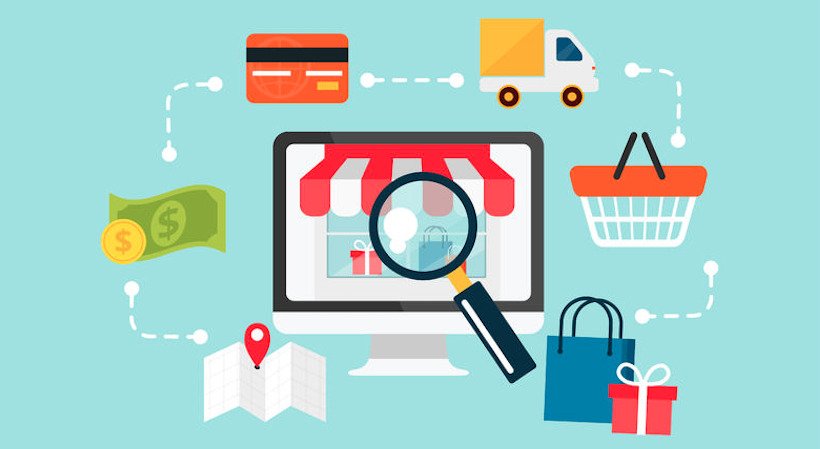Transaction processing system (TPS), an information system (IS) mostly used by managers in operational management to record internal transactions, economic events that occur within an organization and external transactions where the business event took place outside the organization to make operational decision. TPS supports different tasks by setting a set of rules and guidelines that specify the ways to capture or collect, process and store any transaction in a form of data or information. Transaction Process System Activities Processing business transactions was the first application of computer of most firms. Since the 1950s, Transaction processing system (TPS) have evolved from slow, manual systems to advanced computerized system. TPS, a cross-functional information system were among the earliest computerized systems developed toContinue reading
Information Systems Basics
New Trends In E-Business
E-business changed the way business was being done over the years. It created more and more avenues and opportunities. E-business changed the competitive platform. While the old competitive barriers are diminishing it created new entry and competitive barriers. The hard competitive barriers are becoming weak while the soft competitive barriers became more and more prominent. It is believed that not even 50% of the potential of e-business is to be unleashed yet. This definitely indicates that e-business has lot more to offer. E-business has appealed the businesses and customers from all segments. E-business increased the connectivity among different businesses. The integration among departments, different businesses, and different sectors through e-business made it possible to offer variety of services to customers.Continue reading
An Overview of Computer Operating Systems (OS)
Many people use computers without knowing how it works. The main software when using the computer is the operating system. The operating system defines all the experience when using a computer; it manages the hardware and software resources of the computer system, provides a way for applications to deal with the hardware without having to know all the details of the hardware, and it is the software that makes all the programs we use work, and it organizes and controls the hardware on our computers. The operating system is the first software we see when we turn on the computer, and the last software we see when the computer is turned off. It’s important to know and understand that notContinue reading
Different Types of Information Systems Used in Different Levels of Management
Information system means by which people and organizations utilize technologies, collect, store use and distribute information. Good information system is used to provide important information for decision making. The information technology may be used for the processing, storing or distribution of data. These technologies collectively include information technology and data. It is an organized combination of people, hardware, software, communications networks, and data resources that stores and retrieves, transform and disseminate information in an organization. Very main functions of information systems is systems analysis and design, that is to say, analyzing a customer’s business condition (or trouble), with deference towards information processing, and designing and implementing an suitable–generally computerized–solution to the difficulty. Information systems professionals who focus in this partContinue reading
Charactristics of Business Information
Information is a fact, datum, observation perception or any other thing that adds to knowledge. In the words of Gordon B. Davis “Information is data that has been processed into a form that is meaningful to the recipient and is of real or perceived value in current or prospective decisions”. Information is obtained either by direct observation or by communication. Most of business information is obtained through communication. Even in the simplest responsibility center, the manager could not observe with his own senses everything that is going on, nor would he want to devote his time to doing so, even if it were possible. Instead, the manager relies on information that is communicated to him in various ways, ranging fromContinue reading
Management Information and Control Systems (MICS) Installation
The decision to establish a formal Management Information and Control System (MICS) becomes almost inevitable in today’s business climate. The accelerating needs for uniform, concise and timely information by all levels of management dictates the establishment of such a system. The results can be better control of and greater profitability from the enterprise. Essentially the functioning of a MICS involves transmission of all pertinent data necessary to the conduct of a business to one or more management information centers, where it is maintained mid then disseminated in discrete form to all levels of management. This description provides no reference to computers or any other specific type of data processing equipment. This is to emphasize that possession of data processing equipmentContinue reading
